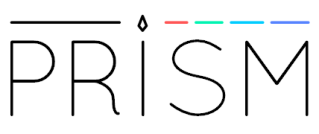A report published this week by OCLC Research asks the burning question of no one, no where: “Does every research library need a digital humanities center?” The answer, of course, is of course not.
Of course, I’m being rude. The click-bait question, as posed, had a foregone conclusion — but there’s much to recommend in the report, even if it fails to define a “DH center” in any clear way, makes an unwarranted assumption that “DH academics” and librarians exist in mutually-exclusive categories, and bases too much of its understanding of faculty and researcher perceptions on the inadequate sample of some conference-going and a couple of focus groups (however carefully convened and accurately reported).
The chief value of the report may lie in its stated and implied purposes: providing library directors with a set of options to consider (stated) and an easy citation — a bit of OCLC back-up — (implied) for the local arguments they must formulate in the event their provosts or presidents catch Library-based DH Center-itis and seem completely unwilling to entertain a model customized to the needs of the institution. Wait a minute. That will never happen.
Okay, the chief value of the report is in its clear reinforcement of the notion that a one-size-fits-all approach to digital scholarship support never fits all. Continue reading “asking for it”

